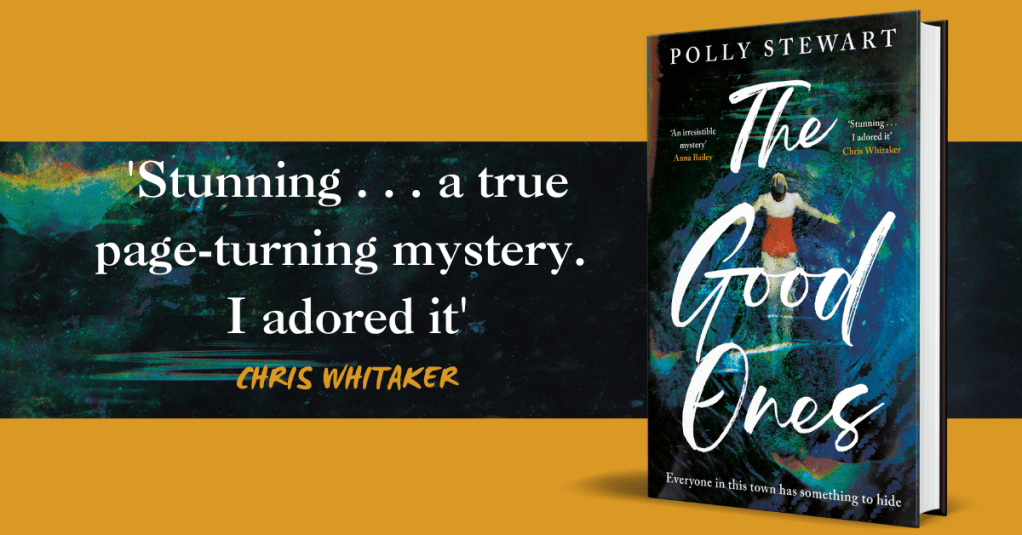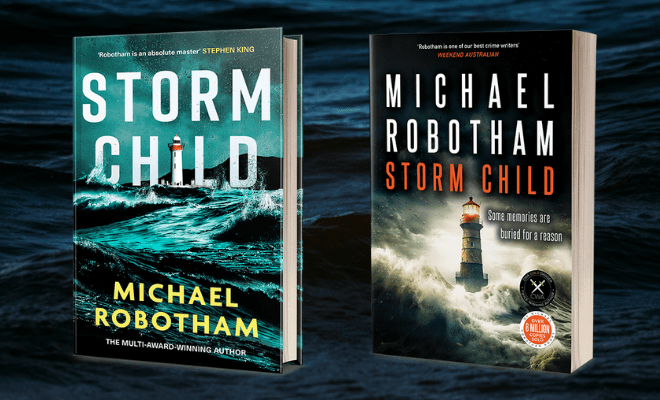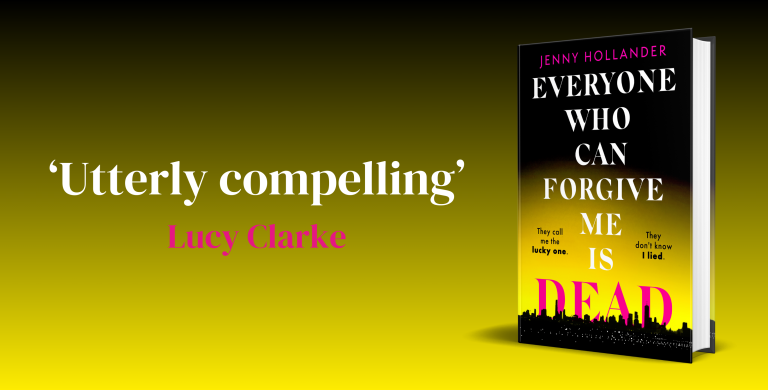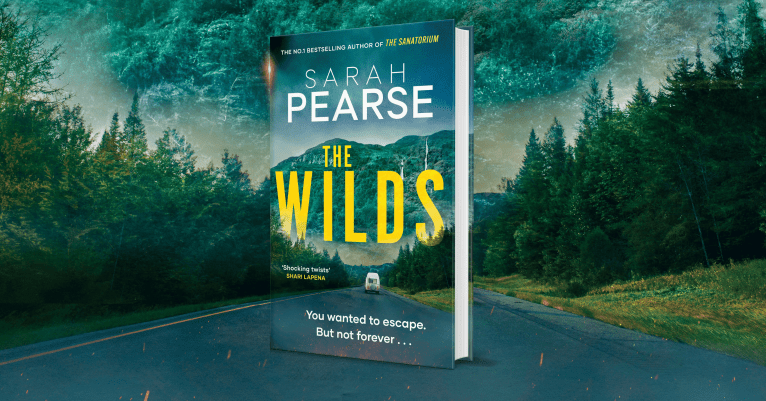Polly Stewart on her inspiration for The Good Ones

I learned about missing women the way I learned about everything else, from reading books.
In college, I knew I wanted to be a novelist, but my teachers had told me that fiction writers started by reading and writing short stories, so that was what I did. I couldn’t afford subscriptions to literary journals, but every year I bought copies of Best American Short Stories, the O’Henry Prize anthology, and New Stories from the South. Over years of diligent reading, there are only a handful I remember, and only one that continues to influence me more than twenty years later: “Missing Women” by June Spence, which appeared in the Best American Short Stories in 1997.
The story begins with a statement of fact: “Three women have vanished—a mother, her teenage daughter, and the daughter’s friend—purses and cars left behind, TV on, door unlocked.” It goes on to describe the women, the way they’re perceived in the town, and the possible suspects in their disappearance. The ending is ambiguous, the mystery never completely resolved, but I don’t remember that bothering me. This was a decade before Gone Girl, a decade and a half before Serial, and I’d never heard of either true crime or psychological suspense.
I don’t remember asking myself exactly why I found the story so compelling. If I asked myself the question now, I’d say it was because it chimed with my own history in some way I didn’t know how to name—that by age nineteen, I had an inherent understanding that being a woman was a dangerous thing. It could also have been that I liked the puzzle, enjoyed setting my brain the task of coming up with an answer. I’d grown up reading mysteries, and I liked the feeling of hunting for a solution, predicting, sometimes guessing wrong.
I came back to the story when, more than ten years later, I realized that it was based on a real crime: the disappearance of the women known as the Springfield Three. I’d moved to Springfield, Missouri with my first husband, who had a teaching job at the local university. I was ostensibly working on my Ph.D. dissertation on nineteenth-century British literature, but I spent a lot of time walking around town with our new baby, who always calmed down in the stroller. Often these walks took us to Phelps Grove Park and the memorial to the Springfield Three, whose names, I learned, were Sherrill Levitt, Suzie Streeter, and Stacey McCall.
The facts were much the same as in Spence’s story. The three women disappeared sometime during the night on June 7, 1992. Streeter and McCall had just graduated from high school and had attended a graduation party before returning to Levitt’s house to spend the night. They left behind their purses and cigarettes, as well as the clothes they’d been wearing the night before. The possible solutions that have been suggested over the years are tantalizingly incomplete, and none of the named suspects appear particularly plausible in my opinion. What kind of person could have the intelligence, the organizational ability, and the luck to pull off such a brazen crime without leaving a single clue?
My novel, The Good Ones, departs from the real case and from Spence’s story in every important way. Only one woman goes missing, not three. Lauren Ballard is significantly older than Streeter and McCall and leaves behind a daughter and a young husband. Most importantly (and I don’t think this is a spoiler), Lauren’s disappearance, unlike that of the Springfield Three, is finally solved. In a sense, the novel is really about how people react to cases like these—how we see ourselves in these women, grieve them, obsess over them. At best, these obsessions can lead to solutions to twenty-year cold cases. At worst, they can breed an exploitative mentality that makes it easy to view real people as characters whose most tragic experiences become entertainment for strangers.
I wish I had more answers. I wish the families of the Springfield Three could have closure. I wish I understood more about how women like me are drawn to true crime, and how we can engage with it in a responsible way. At the end of her story, June Spence suggests that the missing women become part of the people whose lives they’ve touched, and that’s certainly been true for me. I hope that readers find that Lauren and Nicola become part of their lives as well.
The Good Ones is out now in hardback and ebook.






